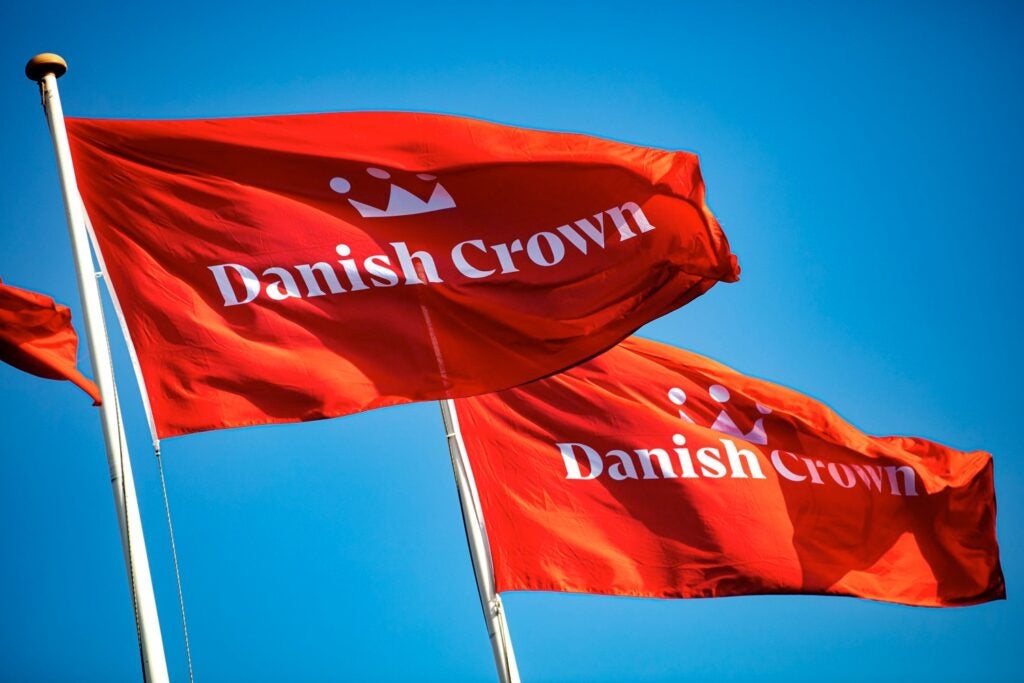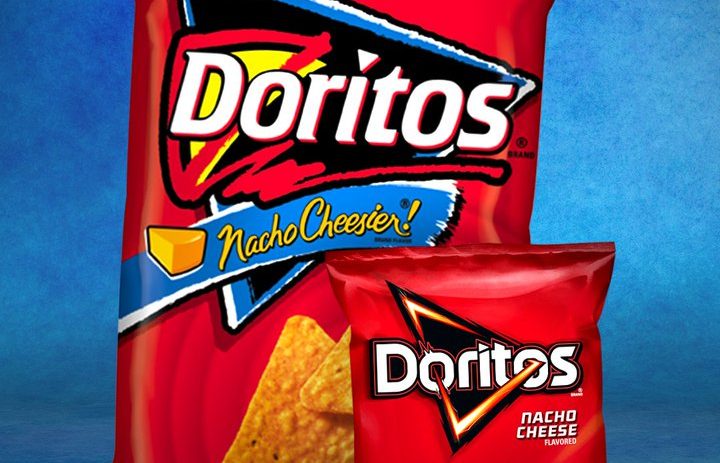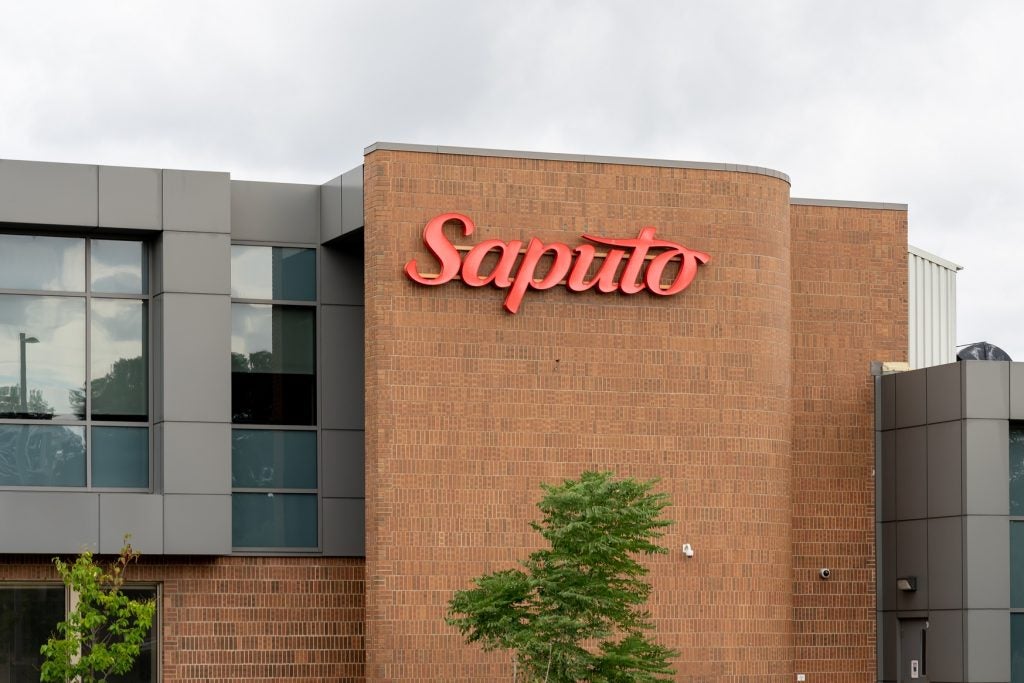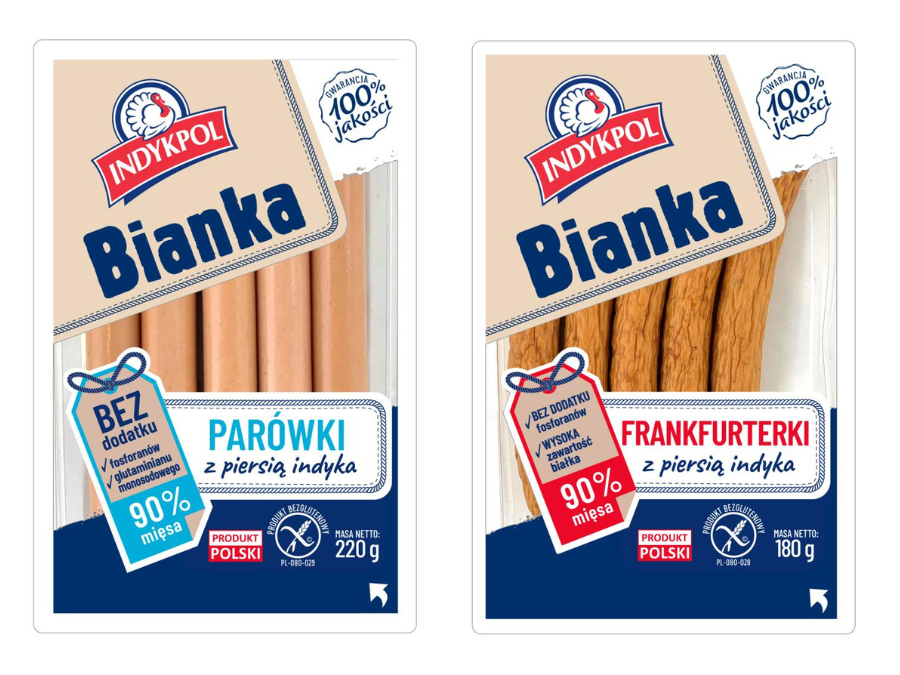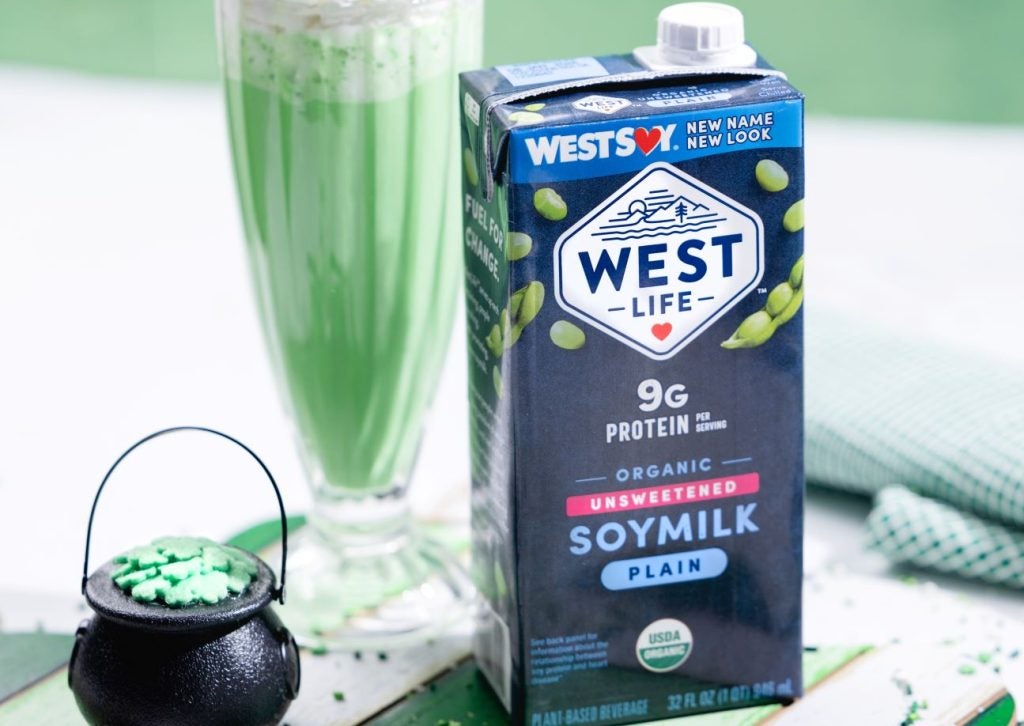Danish Crown chairman Erik Bredholt has seemingly been ousted by the meat cooperative’s board over comments made in an interview this week.
Randers-headquartered Danish Crown issued a statement today (10 November) announcing Bredholt’s departure following a board meeting yesterday, saying he had “voluntarily” stepped down as chairman, and would be replaced by former vice chairman Asger Krogsgaard.
Bredholt had said in an interview with Denmark’s Finans business media platform – published on Monday and subsequently summarised by Just Food two days later – that Danish Crown would be open to bringing in external investors for some of its subsidiaries to spur growth and generate funds.
He suggested allowing in external capital would help boost Danish Crown’s competitiveness in the global market. That was a goal revealed in August, when the co-op outlined a two-year plan to increase “earnings”.
Bredholt stressed in the interview that opening up the co-op itself to outside investment would be “unrealistic” because that would create a “shareholder group with conflicting interests”.
Contacted by Just Food today, Danish Crown declined to elaborate on the reasons for Bredholt’s departure nor the specific comments he made in the interview that rankled the board.
“The board could no longer support Erik Bredholt, and as a result, he is stepping down as chairman of both Danish Crown AmbA and Danish Crown A/S, resigning from both boards with immediate effect,” the co-op said in today’s statement.
“In the wake of the recent media debate, it became clear on Thursday evening that Erik Bredholt no longer had the board's backing to lead Danish Crown.”
The statement added Bredholt had held the chairman seat for almost 12 years and that “he voluntarily chose to step down because, as things stood, he did not see any other solution”.
Bredholt also commented in the statement: “At the meeting, it was clear that the prevailing sentiment on the board was that Danish Crown would be better served by a different chairman than me in the future.
“Throughout my time in both the representative assembly and the board, it has always been essential for me to make the right decisions for Danish Crown. However, now the collaboration in the board had reached an impasse, and it is in Danish Crown's best interest that I resign with immediate effect.”
In his interview with Finans, the outgoing chairman had named three of Danish Crown’s subsidiaries that might be suitable for outside investment – DAT-Schaub in Copenhagen, Poland-based Sokolow, and KLS in Sweden.
“We will explore the possibility of bringing in new co-owners into our subsidiary companies. The ambition is to gain financial strength that can drive these businesses to grow faster and, at the same time, release capital that we can use to develop the rest of the conglomerate, for example, with additional processing plants,” Bredholt said in the interview.
“Initially, it’s likely that DAT-Schaub and Sokolow are the most suitable for bringing in new co-owners. Both companies operate in markets where there are good opportunities for growth through acquisitions.”
Krogsgaard has been vice chairman of Danish Crown’s board for “several years”, the co-op noted in its statement as the board elected him as chairman, adding he will occupy the role until “the regular elections for the Danish Crown representative assembly and boards in December”.
The new chairman said: “For me and the rest of the board, it’s important that we follow the course that has been set and bring stability to the company while working on finding the future leadership model for Danish Crown.
“We have an analysis underway of the shareholders’ visions and attitudes towards Danish Crown, and it is our intention that this analysis will serve as the basis for the review of articles of association and corporate governance principles, which a committee appointed by the representative assembly is expected to commence.
“I look forward to continuing the work we have initiated in collaboration with the management to restore our company’s ability to offer a competitive price for the owners’ supply of slaughtered animals.”


